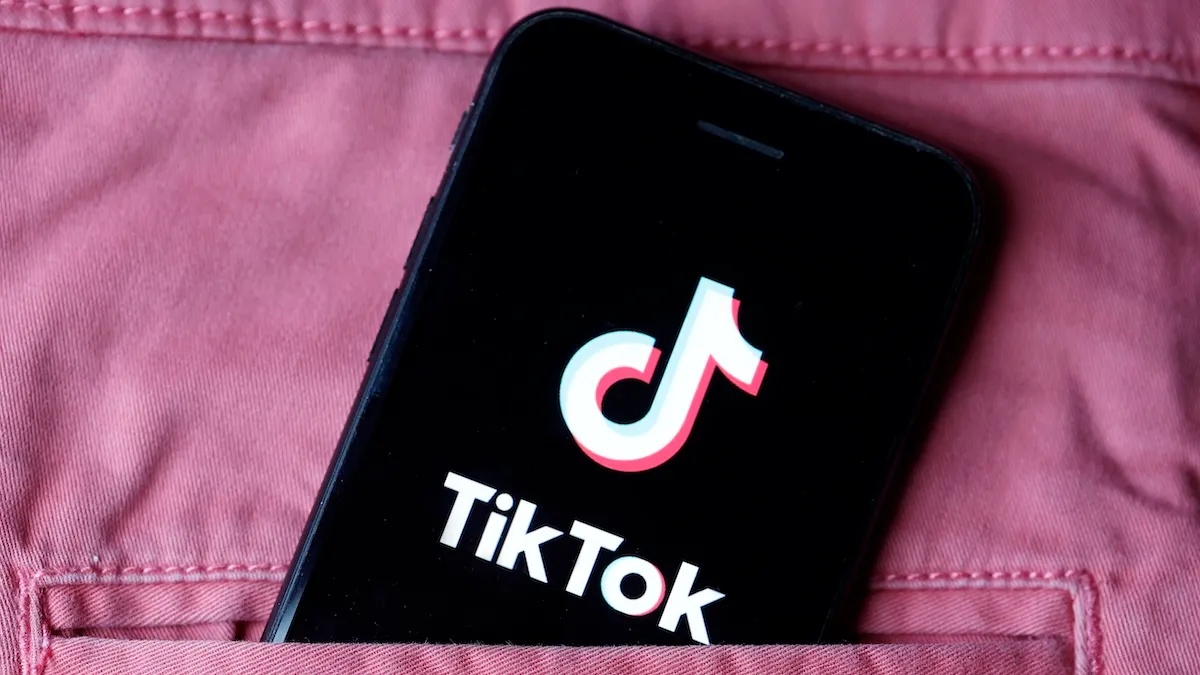The formidable media site Jezebel is shutting down. It was indefinitely suspended today, alongside major layoffs within parent company G/O Media.
Jezebel was founded in 2007 by Anna Holmes under Gawker. It was sold to Univision in 2016 and ended up with G/O Media in 2019. In a memo to staff, G/O CEO Jim Spanfeller wrote: “Unfortunately, our business model and the audiences we serve across our network did not align with Jezebel’s,” which really does make you wonder which kinds of “audiences” G/O is choosing to serve.
According to a source speaking with The Daily Beast, staffers at Jezebel were told of the shutdown on Wednesday and immediately lost access to key features like Slack and their Google accounts. This closing will have ripple effects and can be a sign of things to come. G/O Media has multiple publications and has been embroiled in controversy. Seven editors-in-chief left the company this year alone. When Jezebel’s Laura Bassett stepped down in August, she wrote on Twitter, “I have reluctantly resigned from Jezebel, because the company that owned us refused to treat my staff with basic human decency.”
A major source of contention has come with automation and AI. In the summer of this year, the company announced that they planned to publish stories using AI, which resulted in stories that contained false information. The Root’s editorial staff also recently filed a grievance with G/O over complaints alleging discrimination and abuse in the workplace and in the work culture.
Just days ago, Jezebel’s founding editor Anna Holmes penned an article in The New Yorker, giving some fascinating insight into the site’s origins and early days that is now even more poignant.
Holmes highlights a recent New York Times article titled “We’re Watching the End of a Digital Media Age. It All Started with Jezebel.” Holmes, of course, takes issue with some of the claims made in the Times piece, like the claim that the site marked “the start of an era that would culminate in the 2016 election of Donald Trump.” And descriptors like “uncontrollable anger” are “sexist and paternalistic,” she writes.
Still, no one is denying that the website’s comments section did contain a lot of anger. This is true of any website’s comments but especially at a site centered on feminism. Jezebel has long been accused of stoking outrage, with some of those accusations being made in better faith than others. For her part, Holmes offers a thoughtful account of the difficult journey to curating both a space for feminist writing and for passionate commenters.
In her essay, Holmes says the Times’ writer, “like many of Jezebel’s critics, saw the writers as responsible for the commenters: if [a] post provoked readers, then that was part of some master plan; if the commenters were enraged or cruel, this, too, was engineered by the site’s staff. During my time editing the site, I found these assumptions intensely frustrating. In reality, every day was a negotiation between trying to be fair to our commenters and insuring group civility.”
But angry commenters are not Jezebel’s legacy. This was a groundbreaking site for so many young feminists looking for a new way to approach the intersections of personal and political in their everyday lives. Holmes offers the “short version” of the site’s creation and what it strived to be:
[D]isillusioned by the state of American women’s media, I was given the once-in-a-lifetime opportunity to create and oversee a women’s-media entity—in this case, a Web site. I imagined it as one with a lot of personality, with humor, with edge. I wanted it to combine wit, smarts, and anger, providing women—many of whom had been taught to believe that “feminism” was a bad word or one to be avoided—with a model of critical thinking around gender and race which felt accessible and entertaining. As one of my colleagues, Moe Tkacik, wrote, in an early post, “Jezebel is a blog for women that will attempt to take all the essentially meaningless but sweet stuff directed our way and give it a little more meaning, while taking [the more] serious stuff and making it more fun, or more personal, or at the very least the subject of our highly sophisticated brand of sex joke. Basically, we wanted to make the sort of women’s magazine we’d want to read.”
(featured image: Jinda Noipho/Getty Images)








